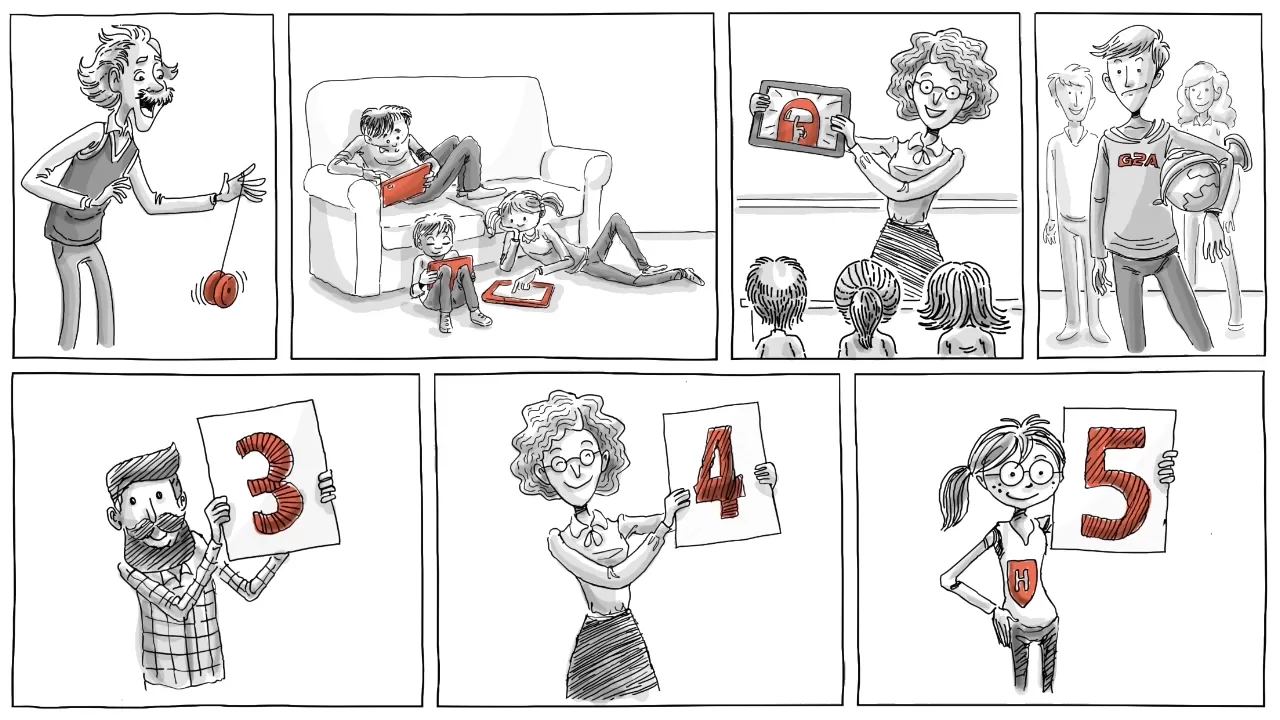In recent years, the use of video games in education has become a topic of growing interest among teachers, students, and researchers. While video games were once considered only a form of entertainment or a distraction from schoolwork, today they are being recognized for their potential as learning tools. Many educators are now exploring how games can be used in the classroom to engage students, support different learning styles, and help build important skills. This shift in thinking is based not only on experience, but also on a growing number of studies that show the educational benefits of gaming.
Sites like zone4game.com offer a wide range of interactive games that balance entertainment with skill-building, making screen time both fun and meaningful for children. When thoughtfully chosen, these digital experiences can support academic learning and personal development by stimulating curiosity, enhancing motivation, and reinforcing essential skills.
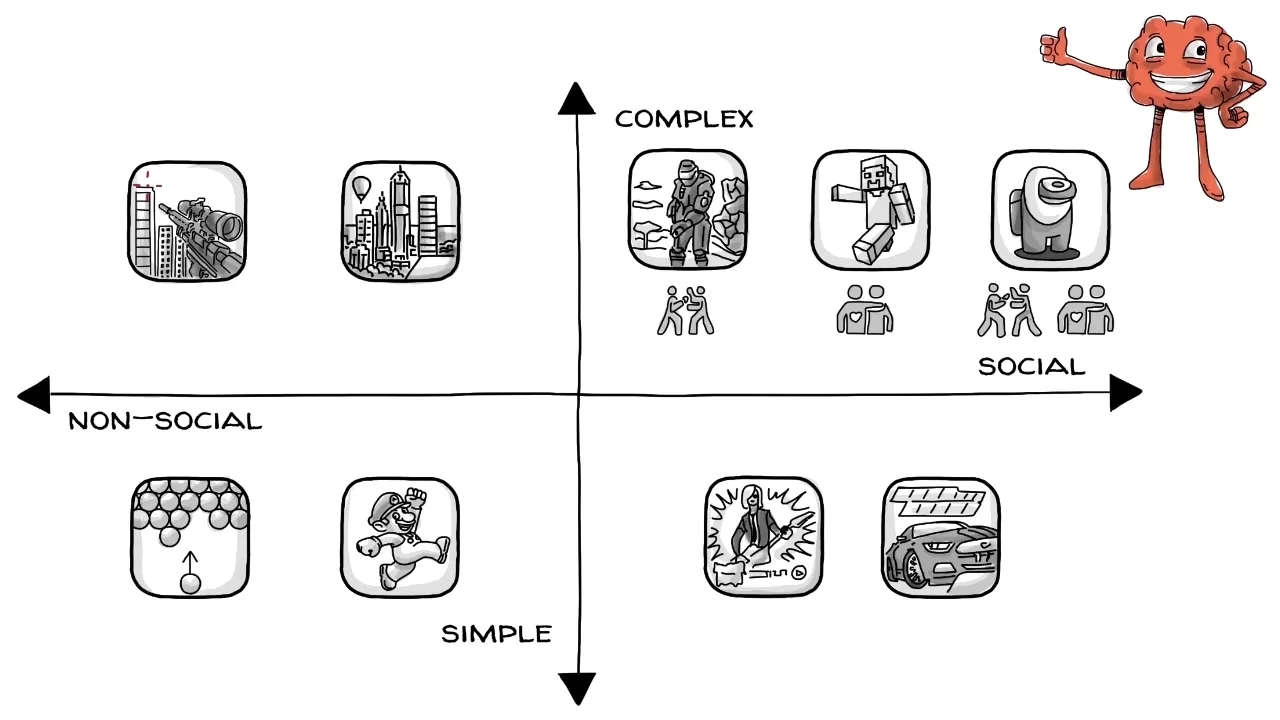
One of the main reasons games are effective in education is their ability to increase student motivation. Traditional lessons often follow a fixed structure with limited room for exploration, but games provide immediate feedback and rewards that make students want to continue learning. For example, completing a level or solving a challenge in a game brings a sense of accomplishment that encourages students to keep going. Games also give students control over their learning pace, which can be especially helpful for those who struggle in more rigid environments. The feeling of progress, often marked by points, levels, or badges, adds an extra layer of satisfaction and keeps learners focused.
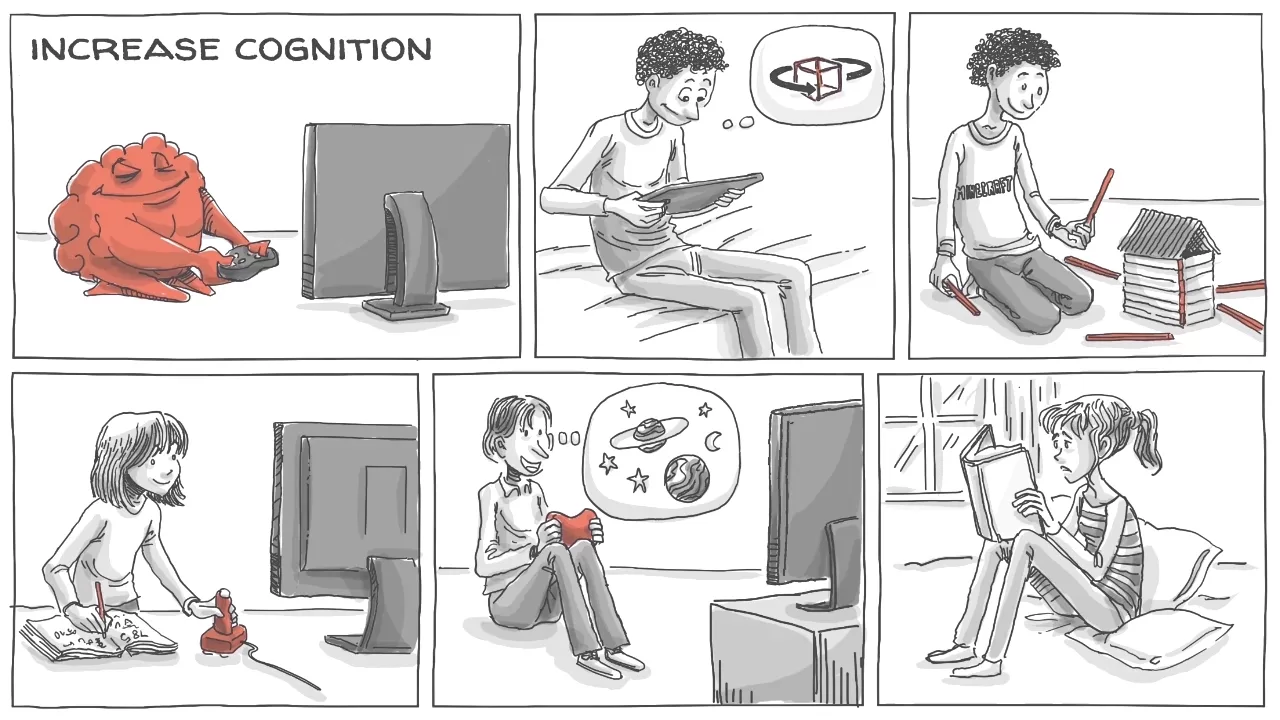
Another advantage of using games in education is the development of cognitive skills. Many games require players to use critical thinking, problem-solving, memory, and attention to detail. Puzzle games, for example, improve logical reasoning, while strategy games teach planning and decision-making. Even action games can train players to react quickly and make decisions under pressure. These mental exercises often improve performance not only in the game, but also in academic subjects. Some studies have shown that students who play certain types of games perform better in mathematics and reading tests, possibly because of the improved concentration and processing speed developed through gaming.
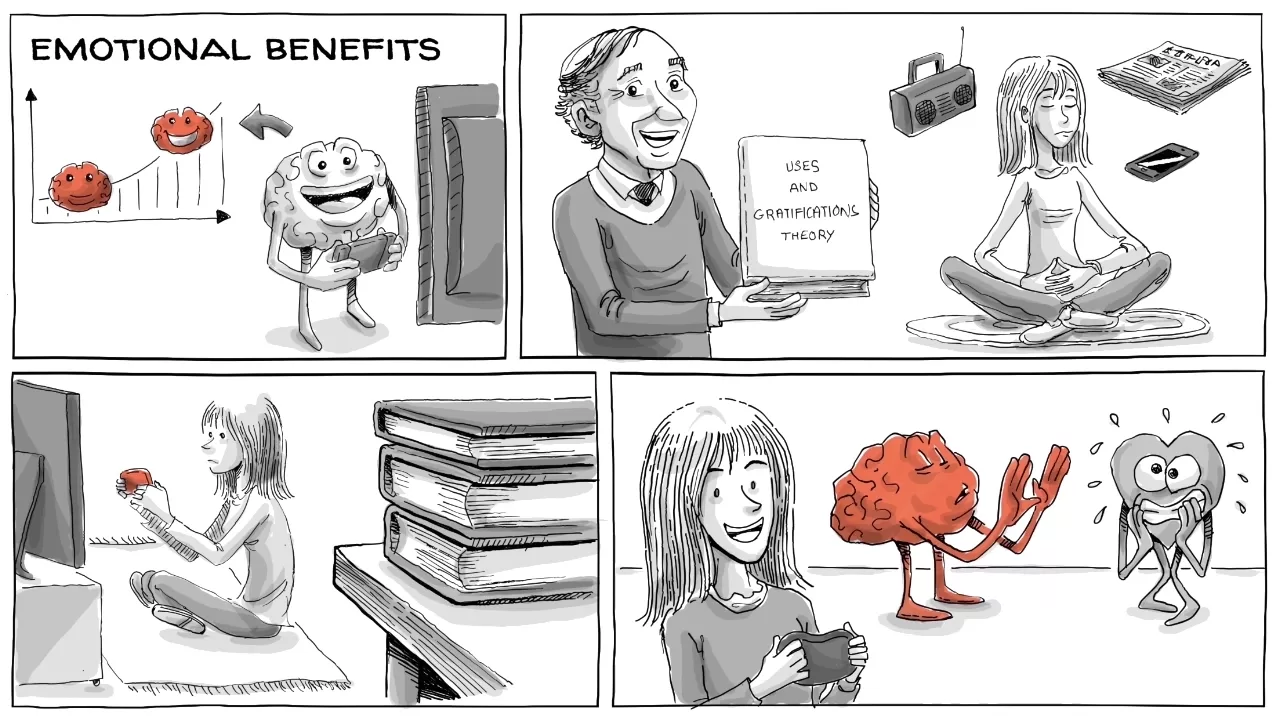
Games can also support learning by providing a safe space to experiment and make mistakes. In school, students are often afraid of failure because it can affect their grades or how others see them. Games, however, create a different atmosphere. If a player fails a level, they can try again without fear of judgment. This teaches resilience and encourages a growth mindset, where students learn that making mistakes is part of the learning process. This kind of mindset is very valuable, not just in school, but in life in general.

In addition, games can be used to teach specific subjects. For instance, historical games allow students to explore different time periods in a more engaging way than reading a textbook. Games like Assassin’s Creed have been praised for their detailed historical environments, which help students visualize what life was like in different eras. In science classes, simulation games like Kerbal Space Program let students experiment with physics and engineering concepts by building and launching virtual spacecraft. In language learning, games can be used to teach vocabulary, grammar, and pronunciation through interactive challenges and storytelling. This makes the material more memorable and enjoyable.
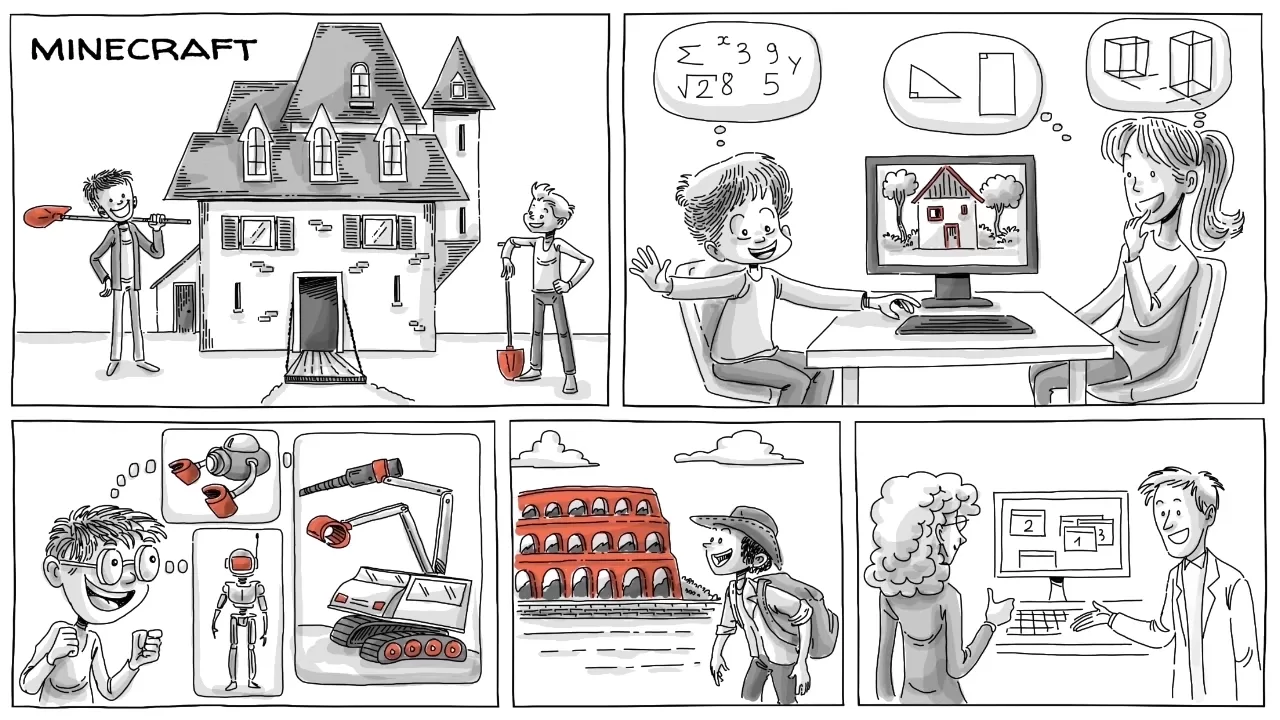
Social skills are another area where games can make a difference. Multiplayer and cooperative games often require communication, teamwork, and empathy. Students learn how to work together, listen to others, and share responsibilities. These are important life skills that are not always taught directly in the classroom. Some teachers use role-playing games or team-based activities to promote collaboration and strengthen classroom relationships. This can be especially helpful for students who are shy or have trouble connecting with their peers in traditional settings.

It is also worth mentioning that educational games are becoming more accessible. Many platforms now offer free or low-cost games designed for learning. Websites like G2A provide resources and educational tools that support both teachers and students. There are even courses that help educators learn how to integrate games into their lessons effectively. These resources show that using games in education is not just a trend, but a growing part of modern teaching methods.


Of course, there are challenges in using games for learning. Not all games are suitable for the classroom, and it takes time and effort to find the right ones. Teachers also need training to use games in a way that supports their goals. There is also the question of screen time, as too much gaming can have negative effects if not balanced with other activities. However, these concerns can be managed with careful planning and by choosing games that are appropriate for the age and needs of the students.
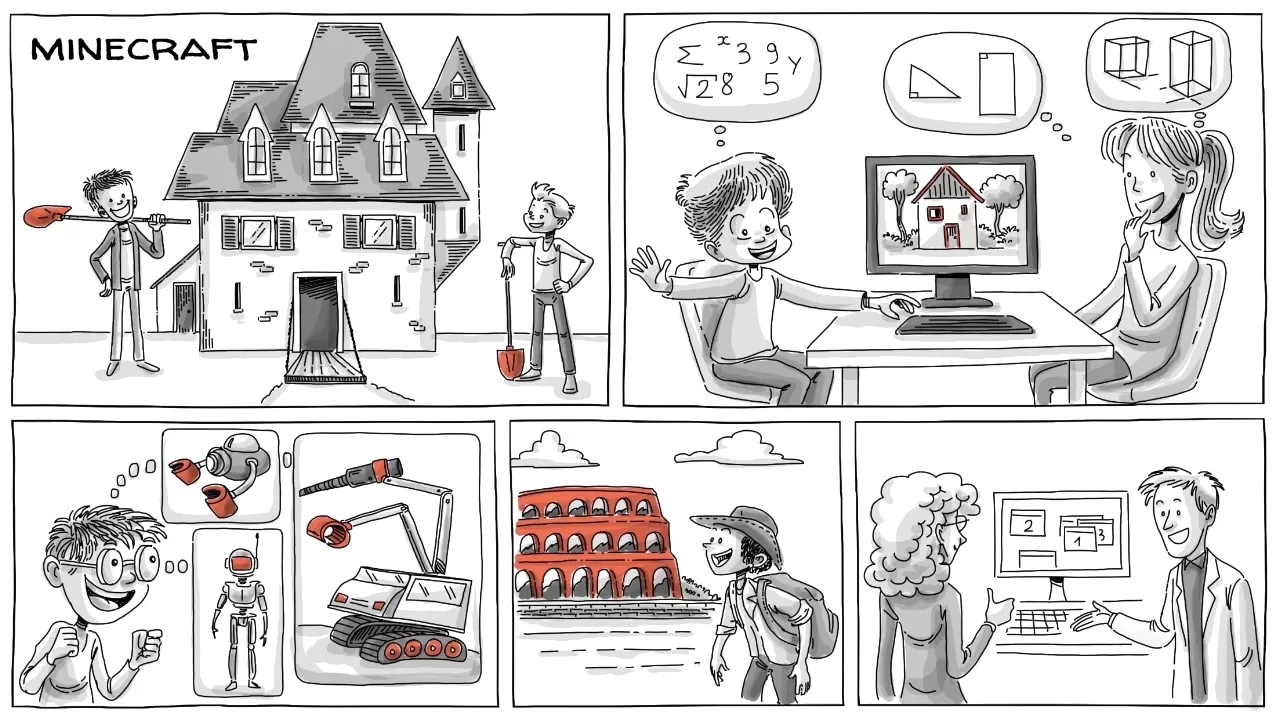
In conclusion, games in education offer many benefits. They can motivate students, support different types of learners, build cognitive and social skills, and make learning more enjoyable. While games will never replace traditional teaching entirely, they can be a powerful addition to the classroom when used thoughtfully. As technology continues to advance, and as more educators recognize the value of play in learning, games will likely play an even greater role in the future of education.
